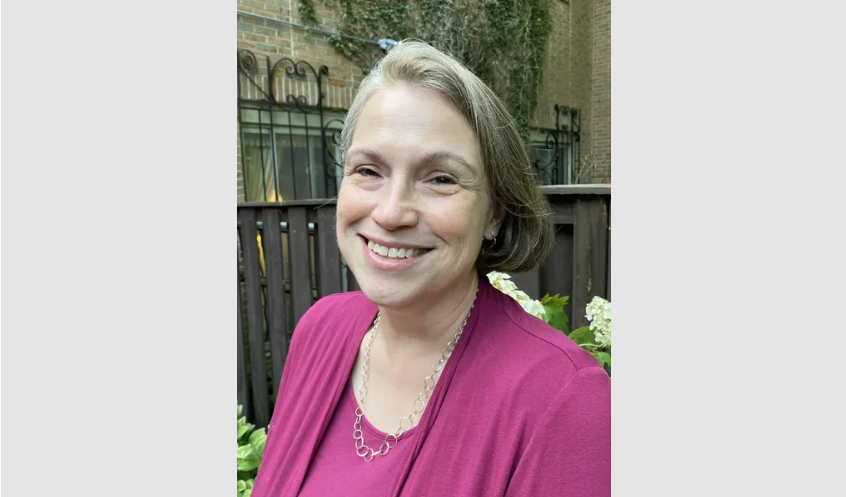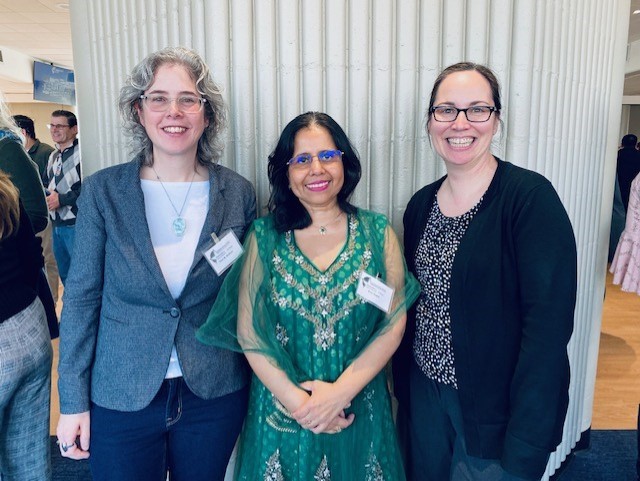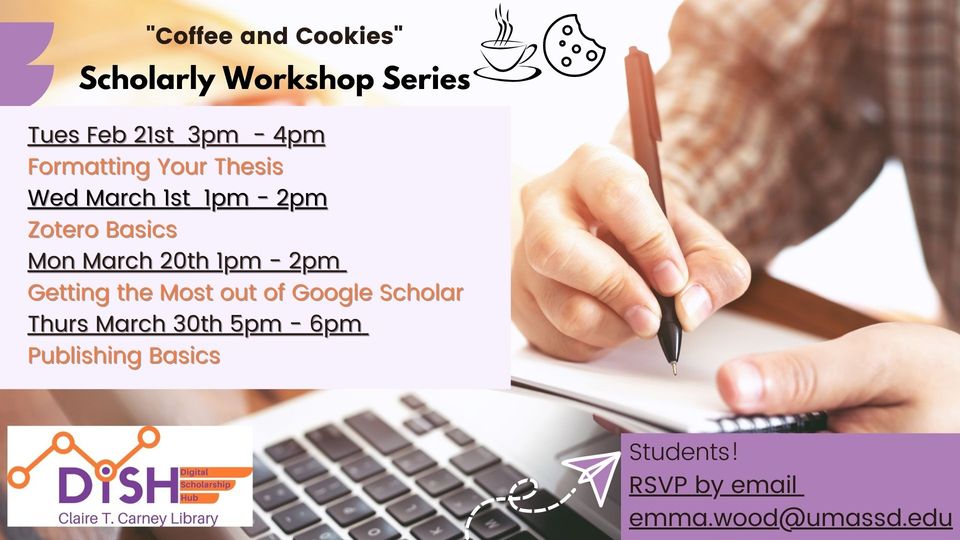
We are excited to announce that Nancy M. Godleski will be the new Dean of the Claire T. Carney Library, effective August 1. We look forward to working with Dean Godleski to enhance existing library services and resources. She joins the library at an exciting time of technological changes and opportunities, positioning the library to pursue innovative ways of supporting our students, faculty, and staff!
Last week’s campus press release summarized of Dean Godleski’s professional experience: “Godleski comes to UMass Dartmouth from Vanderbilt University, where her most recent position was Associate University Librarian for Collections and Core Services. In this role, she led the strategic direction and resource management for seven library employee units and collections services for nine libraries across the university. During her tenure at Vanderbilt, Godleski oversaw access services, acquisitions and e-resources, cataloging and metadata services, preservation, remote storage, interlibrary loan, collection development and analysis, government documents, and library technology and digital services. As a member of the library’s senior leadership team, she advocated for librarian advancement and established a collections council with representatives from each campus library and library unit to build understanding and consensus. Her responsibilities within Vanderbilt also included serving as interim director of the Eskind Biomedical Library and Stevenson Science and Engineering Library.” Read the full press release at: https://www.umassd.edu/news/2023/new-dean-claire-carney-library-appointed.html




